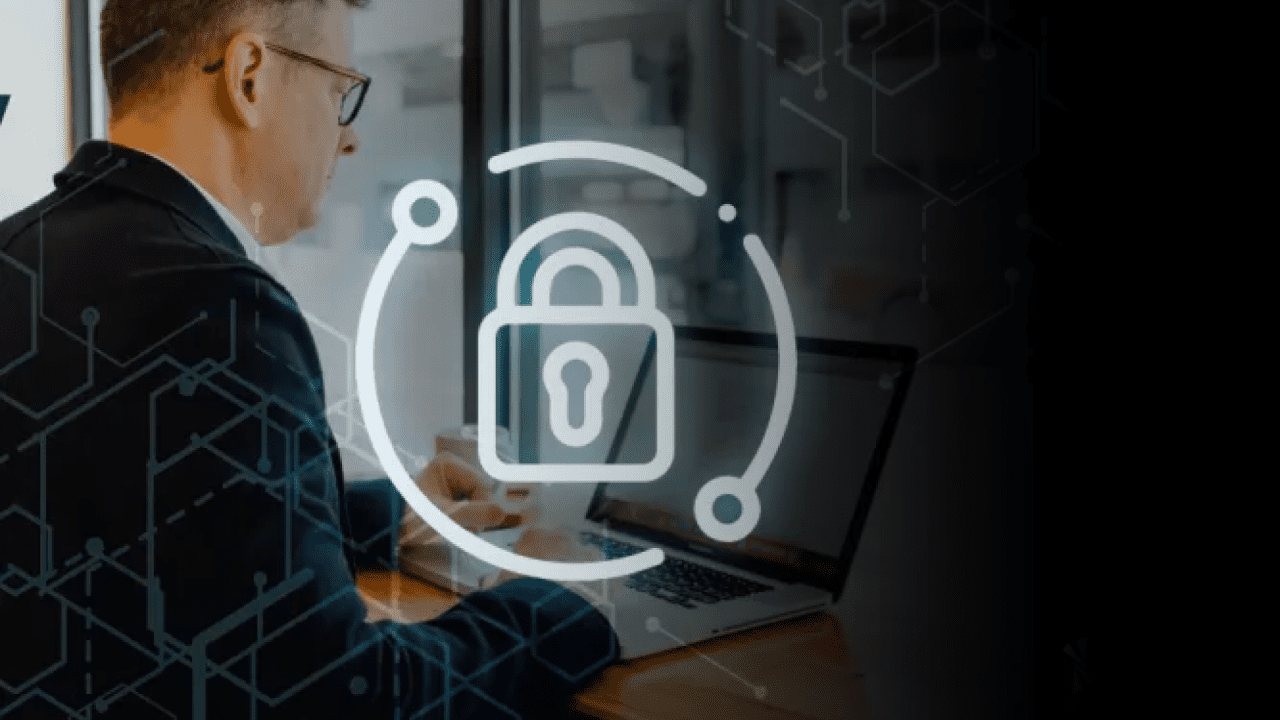Cybersecurity is no longer a distant concern for businesses; it’s a daily reality. Even small mistakes can open the door to cyberattacks, data breaches, and financial losses. Many companies assume that basic protections like antivirus software or strong passwords are enough, but cyber threats are evolving faster than most companies can keep up. Overlooking common security pitfalls can cost a business not just money, but also reputation and customer trust.
From outdated software and weak passwords to a lack of employee awareness and poor backup practices, minor oversights can turn into significant problems if left unaddressed. The good news is that these mistakes are preventable with the proper guidance and expert solutions. By understanding where businesses commonly go wrong and how professionals fix these issues, companies can protect their digital assets, reduce risk, and stay ahead of threats. Interact with the Cybersecurity Services in Monroe experts to secure your business, fix common cybersecurity mistakes, and protect your data with comprehensive cybersecurity solutions.
In this blog, we will explore why cybersecurity mistakes cost businesses more than expected and the seven common cybersecurity mistakes businesses make, along with expert solutions.
Why Do Cybersecurity Mistakes Cost Businesses More Than Expected?
Even small mistakes in cybersecurity can lead to serious problems for businesses. Many companies believe that a simple antivirus or a few strong passwords are sufficient, but the reality is that cyber threats are constantly evolving. Ignoring basic security practices can cost a business time, money, and even its reputation. Here are some ways mistakes harm businesses:
- Financial Losses: Recovering from a breach, paying fines, or fixing systems can be very expensive.
- Data Theft: Sensitive customer or company data can be stolen, leading to trust issues.
- DownTime: Malware can slow or completely stop systems, affecting productivity.
- Regulatory Penalties: Failure to follow security standards can result in fines.
- Damage to Reputation: Customers and partners may lose confidence if their data isn’t safe.
In short, being proactive and addressing these mistakes with expert guidance can save businesses from costly problems.
7 Common Cybersecurity Mistakes and How Experts Solve Them
1.Weak or Reused Passwords
Using weak or repeated passwords across systems is one of the most common and dangerous security oversights. It creates an easy entry point for attackers who use automated tools to guess credentials or harvest them from previous breaches. Once inside, they can move laterally across systems, access sensitive data, and escalate their privileges without detection.
To solve this hurdle, cybersecurity experts enforce strong password policies and promote the use of password managers to generate and store complex credentials securely. They also implement multi-factor authentication across critical systems, adding an extra layer of protection that makes it significantly harder for unauthorized users to gain access, even if a password is compromised.
2.Ignoring Software Updates and Patching
Delaying updates or skipping patches leaves systems exposed to known vulnerabilities. Cybercriminals actively scan for outdated software, and even a short delay can be enough for them to exploit a weakness. Unpatched systems are often the first targets in automated attacks, making this mistake a high-risk behavior.
To address this issue, experts automate patch management and monitor systems for missing updates. They prioritize critical patches and ensure that all devices, servers, endpoints, and cloud platforms stay current. This proactive approach reduces risk and keeps systems secure without disrupting operations or requiring manual direction.
3.Lack of Employee Security Training
Employees are often the first line of defense, but without proper training, they can unknowingly click on malicious links, share sensitive data, or fall for phishing scams. Human error remains one of the leading causes of breaches, and attackers often rely on social engineering to bypass technical defenses.
To solve this issue, cybersecurity professionals deliver ongoing, role-based training that’s easy to understand and relevant to real-world threats. They use simulations, interactive sessions, and bite-sized modules to build awareness and help employees recognize risky behavior before it leads to a breach. Training becomes part of the culture, not just a checkbox.
4.Poor Data Encryption and Storage Practices
Storing sensitive data without encryption or using unsecured platforms puts businesses at serious risk. If attackers gain access, they can read, steal, or manipulate information without any barriers. This mistake not only threatens privacy but can also lead to regulatory penalties and reputational damage.
To solve this problem, experts use end-to-end encryption to protect data both when it is stored and when it is being transmitted. They audit storage systems to ensure compliance with best practices and regulatory standards. This ensures that if someone intercepts or accesses data without permission, it remains unreadable and safe from misuse.
5.Lack of Multi-Factor Authentication
Relying solely on passwords is no longer enough. Without multi-factor authentication, systems are vulnerable to brute-force attacks, credential theft, and unauthorized access. Passwords alone can’t verify identity, especially in remote or cloud-based environments.
To solve this hurdle, cybersecurity consultants integrate MFA across all critical systems, including email, cloud platforms, and internal tools. They help businesses choose the proper authentication methods, whether it’s SMS, app-based, or biometric, and ensure smooth implementation without frustrating users. MFA becomes a seamless part of the login experience, not a dam.
6.Weak Access Controls
Giving employees broad or unnecessary access to systems increases the risk of internal misuse and external exploitation. Without proper controls, attackers who breach one account can gain access to everything, making lateral movement easy and detection difficult.
To address this issue, experts apply the principle of least privilege, ensuring users only have access to what they need. They set up role-based permissions, monitor access logs, and regularly review user accounts to prevent privilege creep. This limits exposure and strengthens overall security posture without slowing down productivity. By partnering with the IT Consulting Services in Little Rock team, you can implement strong access controls, protect sensitive data, and ensure your business stays secure without slowing down operations.
7.Overreliance on Single-Layer Security
Many businesses rely on one tool or service to protect their entire environment. Whether it’s a firewall, antivirus, or cloud provider, depending on a single layer creates blind spots that attackers can exploit.
To solve this issue, cybersecurity professionals build multi-layered defense strategies. They combine endpoint protection, network monitoring, threat detection, and incident response to create a comprehensive shield. This layered approach ensures that if one control fails, others are in place to catch and contain the threat before it spreads.
5 Benefits of Expert Cybersecurity for Businesses
Professional cybersecurity gives businesses essential protection. It helps them run smoothly and grow over the long term, bringing peace of mind.
1.Proactive Threat Prevention
Experts continuously monitor systems to identify and stop threats before they cause damage, keeping business operations secure.
2.Reduced Financial Risks
By preventing breaches and attacks, businesses avoid costly downtime, data recovery expenses, and regulatory fines.
3.Data Protection and Privacy
Sensitive company and customer information is encrypted and stored securely, building trust and safeguarding reputation.
4.Multi-Layered Security Coverage
Comprehensive protection across networks, devices, and cloud systems ensures that no single vulnerability can be exploited.
5.Long-Term Business Continuity
Strategic security planning keeps operations running smoothly, helping businesses grow confidently without constant worry about cyber threats.
With these benefits, companies can focus on growth, knowing their digital assets are in expert hands.
Final Thoughts
Cybersecurity doesn’t have to be overwhelming, but ignoring it can be costly. The truth is, most businesses don’t get hacked because of advanced threats; they slip up on simple things like weak passwords, outdated software, or a lack of training. The good news? These mistakes are completely fixable with the proper guidance. By learning from these common errors and working with experts who understand how to protect your business, you can stay secure, confident, and focused on growth, not damage control.



































